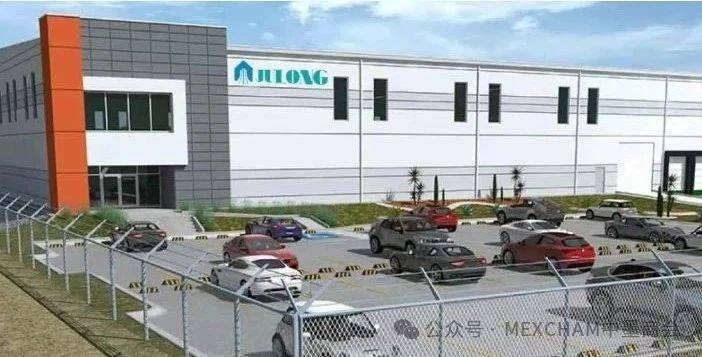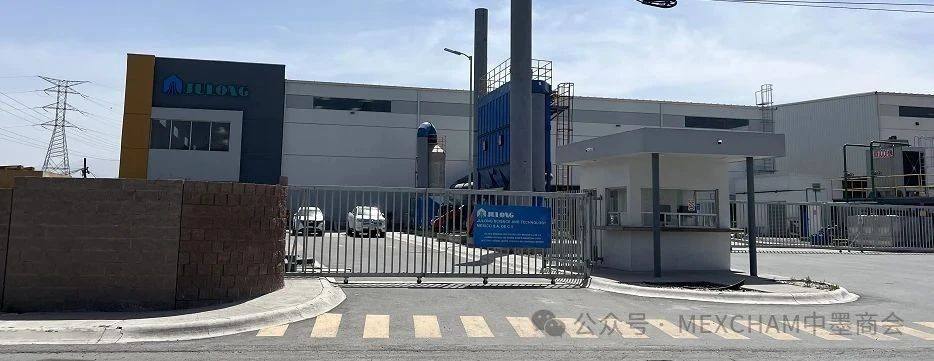NEWS


南京聚隆科技股份有限公司于 2025 年 8 月在墨西哥科阿韦拉州拉莫斯阿里斯佩市 VYNMSA 工业园区二期正式投产其首座海外工程塑料改性工厂。该项目总投资 1000 万美元,占地 4540 平方米,采用智能化挤出生产线和环保制造流程,专注于汽车、家电及运动器材领域的改性塑料定制化生产。工厂毗邻 Stellantis、通用汽车等国际车企,旨在通过本地化供应链响应北美市场需求,强化公司在全球工程塑料领域的竞争力。
Nanjing Julong Science & Technology Co., Ltd. officially commenced operations at its first overseas engineering plastics compounding plant in Phase II of the VYNMSA Industrial Park, Ramos Arizpe, Coahuila, Mexico, in August 2025. With a total investment of US$10 million, the 4,540-sqm facility employs intelligent extrusion lines and eco-friendly manufacturing processes. It specializes in customized compounding for automotive, home appliance, and sports equipment applications. Strategically located near international automakers including Stellantis and General Motors, the plant aims to address North American market demands through localized supply chains, enhancing the company’s global competitiveness in engineering plastics.
作为中国高铁尼龙材料核心供应商,聚隆科技此次布局是其国际化战略的关键一步。工厂配备材料定制与快速测试功能,可提供 400 余种改性塑料产品,并融入社区联动计划推动可持续发展。根据公司 2024 年董事会报告,墨西哥工厂已于当年下半年投产,目前处于产能释放阶段,主要面向北美汽车行业客户,预计将进一步提升公司海外营收占比(2024 年已达 25.6%)。
As a core supplier of nylon materials for China’s high-speed rail, Julong’s Mexican venture marks a critical step in its global strategy. The facility features material customization and rapid testing capabilities, offering over 400 modified plastic products. It also integrates community engagement initiatives to advance sustainable development. According to Julong’s 2024 Board Report, the plant entered production in the latter half of that year and is currently in its ramp-up phase, primarily serving North American automotive clients. It is expected to further increase the company’s overseas revenue contribution (already reaching 25.6% in 2024).
该项目进一步巩固了科阿韦拉州作为北美供应链枢纽的地位。值得注意的是,工厂采用的智能化产线可实现快速响应客户需求,同时通过 FSC 认证材料应用和低碳生产工艺,契合欧盟 2026 年生效的木材 “数字护照” 新规。
The project reinforces Coahuila’s position as a North American supply chain hub. Notably, the plant’s smart production lines enable swift customer response times. Through FSC-certified materials and low-carbon processes, it also complies with the EU’s upcoming "digital product passports" regulation for timber-derived materials, effective 2026.


